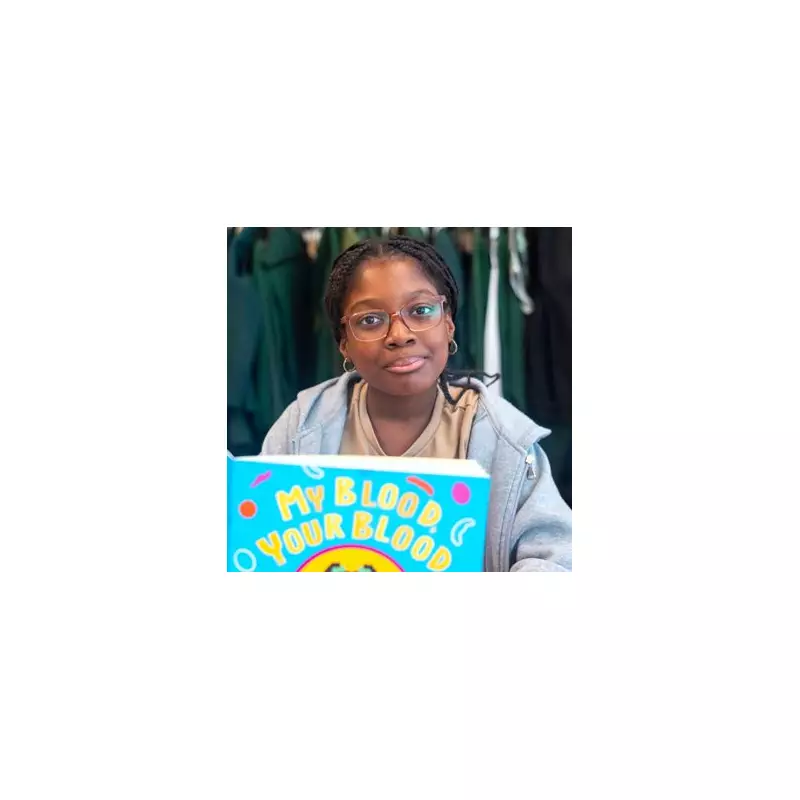
For most teenagers, the biggest worries are exams, friendships, and planning for the future. But for 19-year-old Anaya Riaz, every single day is a brutal battle against excruciating pain, a reality dictated by a rare and cruel genetic condition.
Anaya has sickle cell disease, an inherited blood disorder that has systematically stolen her childhood and now threatens to derail her young adulthood. Her story is one of immense courage in the face of unimaginable suffering.
A Life Defined by Pain and Isolation
From the tender age of seven, Anaya's world has shrunk to the four walls of hospital rooms and her family home. Instead of playgrounds and birthday parties, her memories are filled with the constant, crippling pain of sickle cell crises—episodes where her misshapen red blood cells block blood vessels.
"The pain is indescribable," Anaya reveals. "It feels like my bones are breaking, like someone is constantly stabbing me from the inside. There are days when even the weight of a bedsheet is too much to bear."
The Invisible Prison of a Genetic Condition
Sickle cell disease affects haemoglobin, the molecule in red blood cells that delivers oxygen throughout the body. It causes normally round and flexible blood cells to become rigid and crescent-shaped, leading to blockages that prevent oxygen from reaching tissues and organs.
For Anaya, this has meant:
- Countless hospital admissions, sometimes lasting weeks
- Missing over 70% of her secondary school education
- Being unable to participate in any physical activities
- Watching friendships fade as she couldn't keep up with同龄人
- Constantly worrying about triggering another painful crisis
A Mother's Heartbreak and Unwavering Support
Watching her daughter suffer has been a special kind of torture for Anaya's mother, who has become her primary carer and fiercest advocate. The emotional and financial toll on the family has been enormous.
"As a parent, you feel completely helpless," her mother explains. "You would do anything to take their pain away, but you can't. We've had to fight for every bit of support and understanding, from schools to healthcare providers."
The Fight for Awareness and Better Treatment
Despite affecting approximately 15,000 people in the UK, sickle cell disease remains widely misunderstood, often dismissed as just "bad pain." Many patients, like Anaya, face long delays in diagnosis and inadequate pain management during crises.
Medical experts emphasise that sickle cell is not just a blood disorder but a multi-system condition that can cause stroke, organ damage, and life-threatening complications. Early diagnosis through newborn screening and comprehensive care pathways are crucial for improving outcomes.
A Glimmer of Hope Amid the Struggle
Now studying health and social care with dreams of becoming a paediatric nurse, Anaya is determined to use her experience to help others. Her resilience in the face of such adversity is nothing short of extraordinary.
"I want to make a difference," she says with quiet determination. "No one should have to go through what I've been through. If I can use my story to raise awareness and help other young people with sickle cell, then maybe all this suffering will have meant something."
Her story stands as a powerful testament to the urgent need for greater research, improved treatments, and deeper public understanding of this devastating genetic condition.





